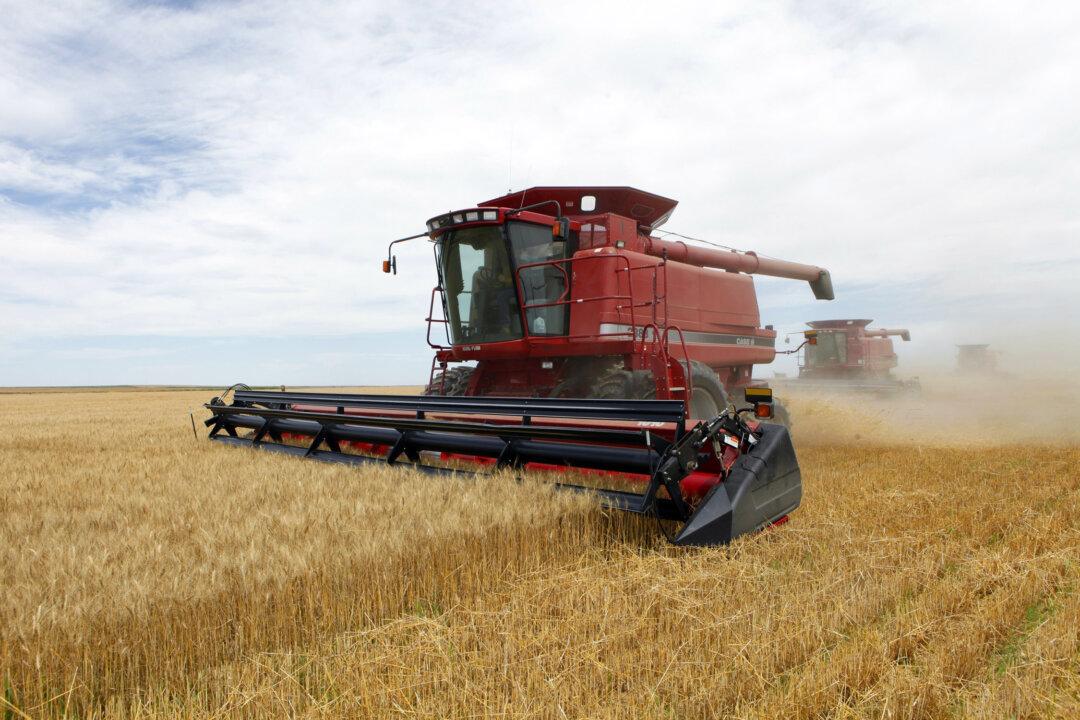Agriculture commissioners from 12 states have issued a letter to Wall Street’s largest banks, demanding answers about their pledges to achieve the United Nations’ net-zero goals, and what effect this will have on farm loans and America’s ability to feed itself.
The Jan. 29 letter cites the banks’ membership in the U.N. Net-Zero Banking Alliance (NZBA) and the coinciding pledge that the loans they make will “align with pathways to net-zero by mid-century or sooner.”





